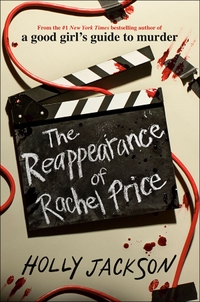American Radicals: How Nineteenth-Century Protest Shaped the Nation
Holly Jackson. Crown, $28 (400p) ISBN 978-0-52557-309-8
In this electric debut, Jackson, an associate professor at the University of Massachusetts, Boston, eschews presidents and generals to construct a mesmerizing story of people who committed themselves to a vision of the United States based on “collectivity, equality, and freedom,” who, she argues “built a tradition of radical resistance that would reshape American life.” Jackson focuses her attention on three areas—slavery and race, sex and gender, property and labor—bringing to life the activists who championed their causes. In the 1820s, Scottish aristocrat Frances Wright settled in the U.S. and established the Nashoba community to help enslaved people transition to freedom. At the same time, free black people in the North, led by men like James Forten, debated leaving the country to ensure their freedoms, and William Lloyd Garrison launched a decades-long abolition movement that provoked violent backlashes. A women’s rights movement emerged in the 1840s and 1850s, led by Elizabeth Cady Stanton, and Stephen Pearl Andrews and Mary Give Nichols promoted free-love doctrines that urged reevaluation of marriage and gender relations. Meanwhile, Albert Brisbane, a disciple of the French philosopher Charles Fourier, promoted a restructuring of industry that would benefit the working classes. Jackson’s perspective is both broad, encompassing lesser-known figures, and long, looking forward to these movements’ effects on later decades. This is essential reading for anyone interested in how the U.S. became what it is today. Illus. (Oct.)
Details
Reviewed on: 08/08/2019
Genre: Nonfiction
Paperback - 978-0-525-57310-4
Audio book sample courtesy of Penguin Random House Audio




